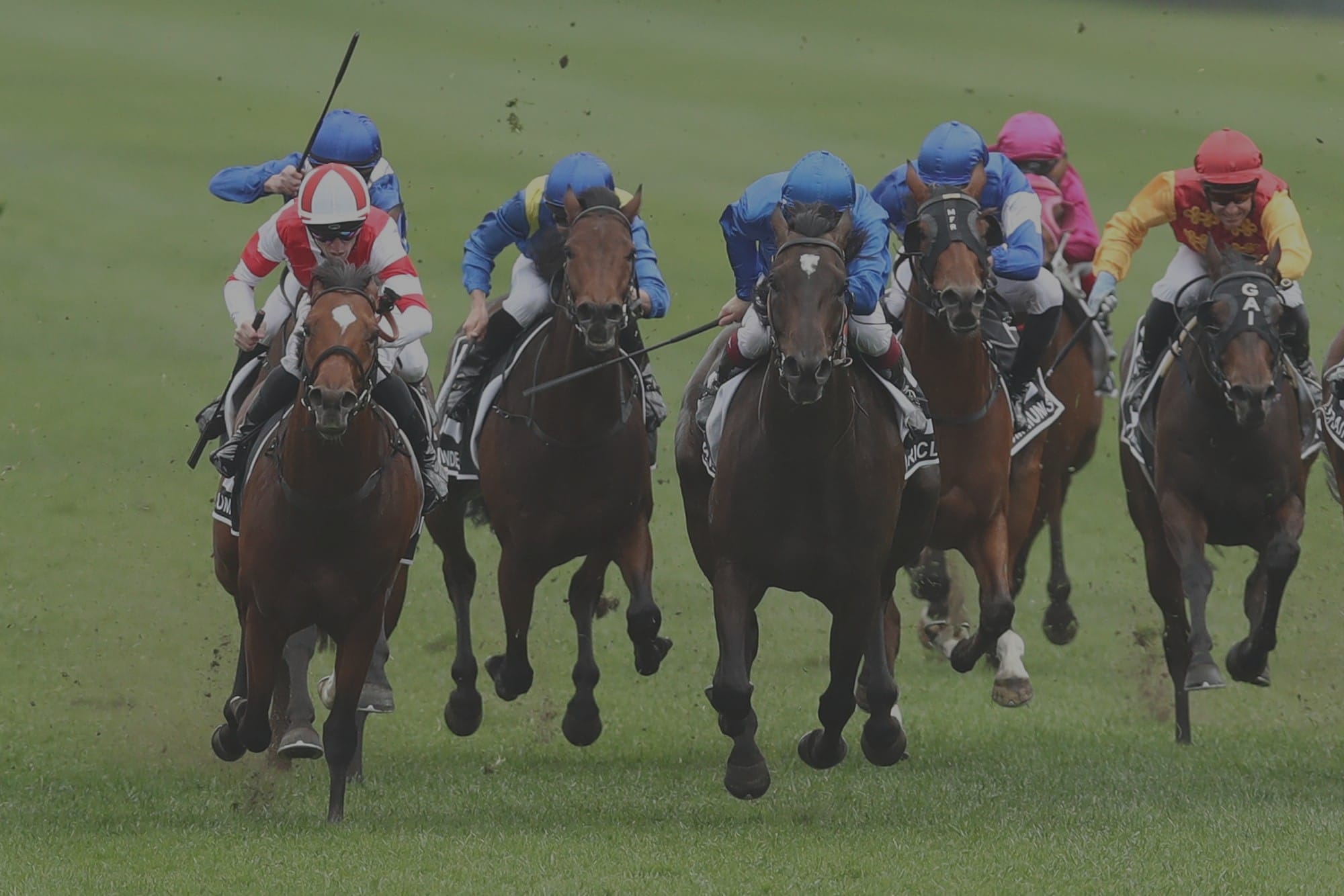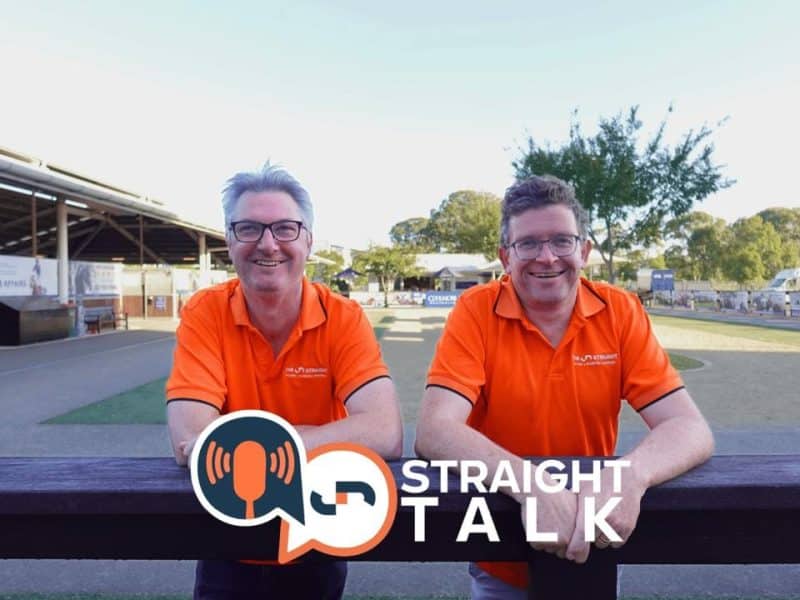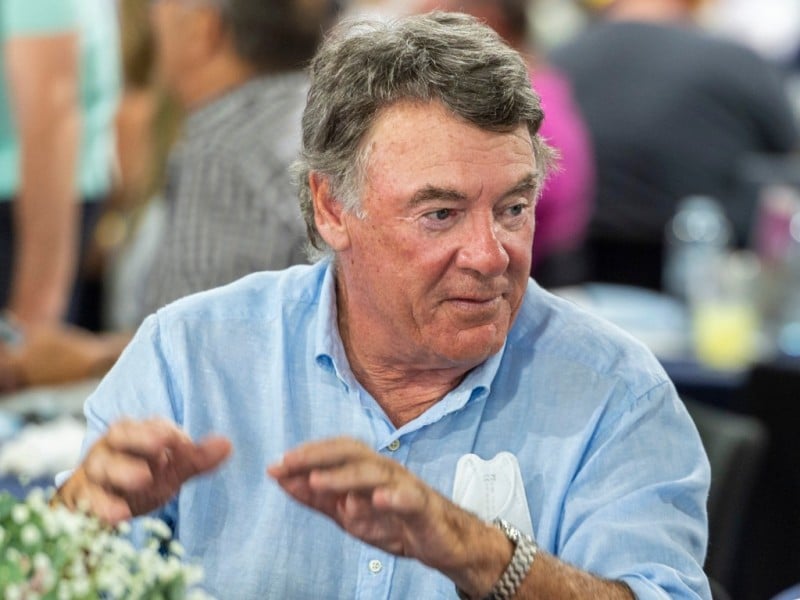Gillon McLachlan at Tabcorp – His five biggest challenges
Gillon McLachlan has chosen his suitor and will get seven weeks of study, officially as an observer, to work out which of the many challenges in his new role as Tabcorp CEO he will tackle when he officially takes the hotseat in early August.
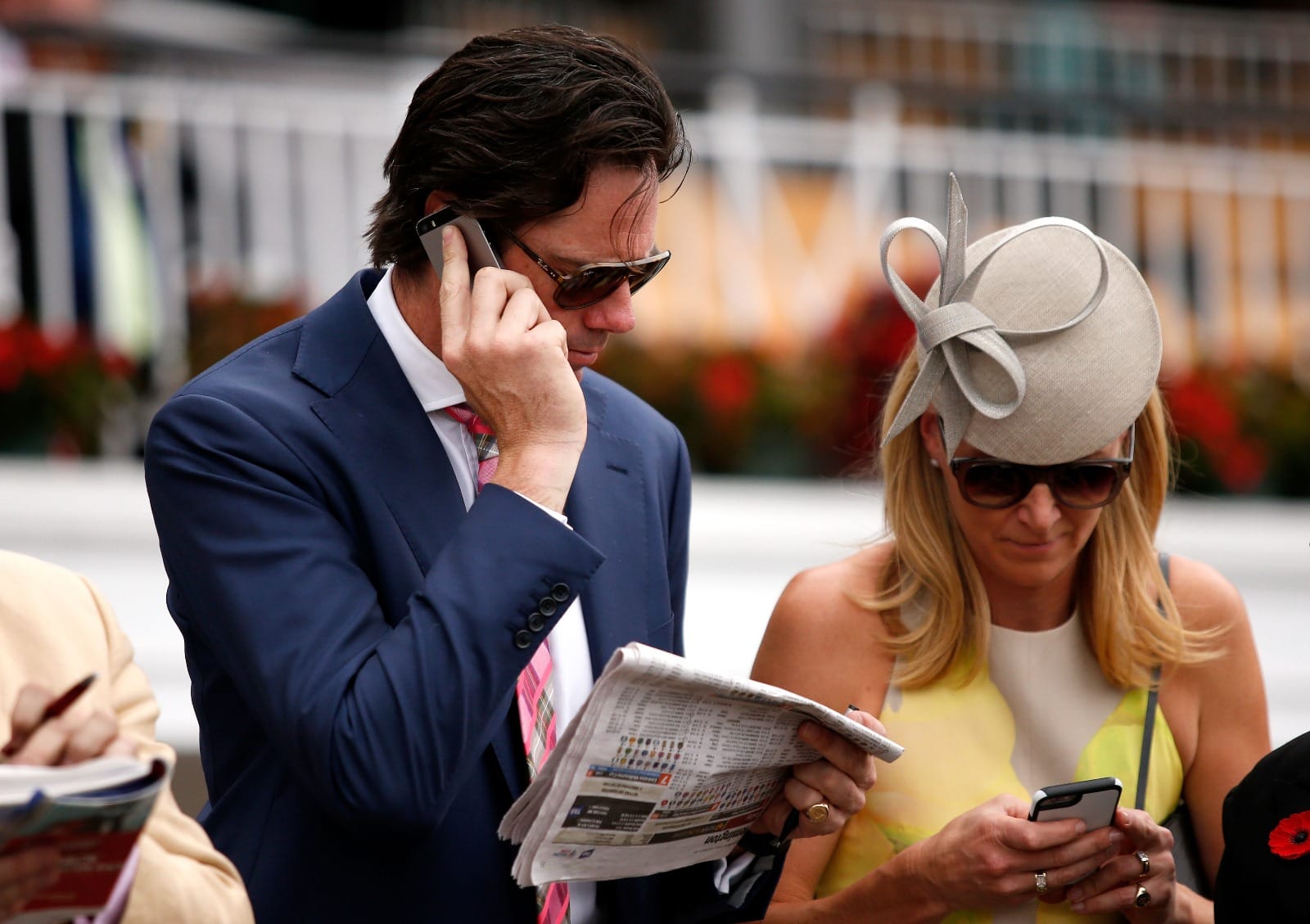
In the three months since predecessor Adam Rytenskild left the job in less than desirable circumstances, Tabcorp’s share price has dropped from 79c to a low of 59c. Its market capitalisation recently fell below $1 billion for the first time ever.
From a shareholder perspective, the challenge is clear: reverse the fortunes of a company that has been in a constant state of flux for much of the past five years. It has been just two years since the wagering and media arm was split from the larger lottery business and only 16 months since a bold ‘TAB25’ strategy was set up under the previous leadership.
McLachlan has spent 21 years working for arguably the biggest sporting body in the country. How does that place him for assuming control of a publicly listed faded wagering giant, we are yet to see, but he will no doubt use his ‘observer’ period to identify what he needs to tackle first.
We’ve taken the liberty of giving him a head start.
1 – Wagering in decline
This is the biggest ‘macro’ challenge that McLachlan will face in his role. There was an extraordinary peak in wagering activity through the post-pandemic period, although Tabcorp did not get the same boost as its rivals. It was highly exposed to lockdowns with its near-national retail network.
The subsequent downturn in wagering has now been prolonged for at least 18 months and stretching on. Tabcorp’s own data for the first half of the financial year indicated a 3.8 per cent drop in turnover and a 5.1 per cent fall in revenue.
Tabcorp is particularly exposed to this downward trend as a higher proportion of its business reliant on racing than its corporate competitors. Around 82 per cent of its turnover in the first half of this financial year was through racing, with that turnover dropping 5.9 per cent. In contrast, its sports betting turnover grew by 6.7 per cent.
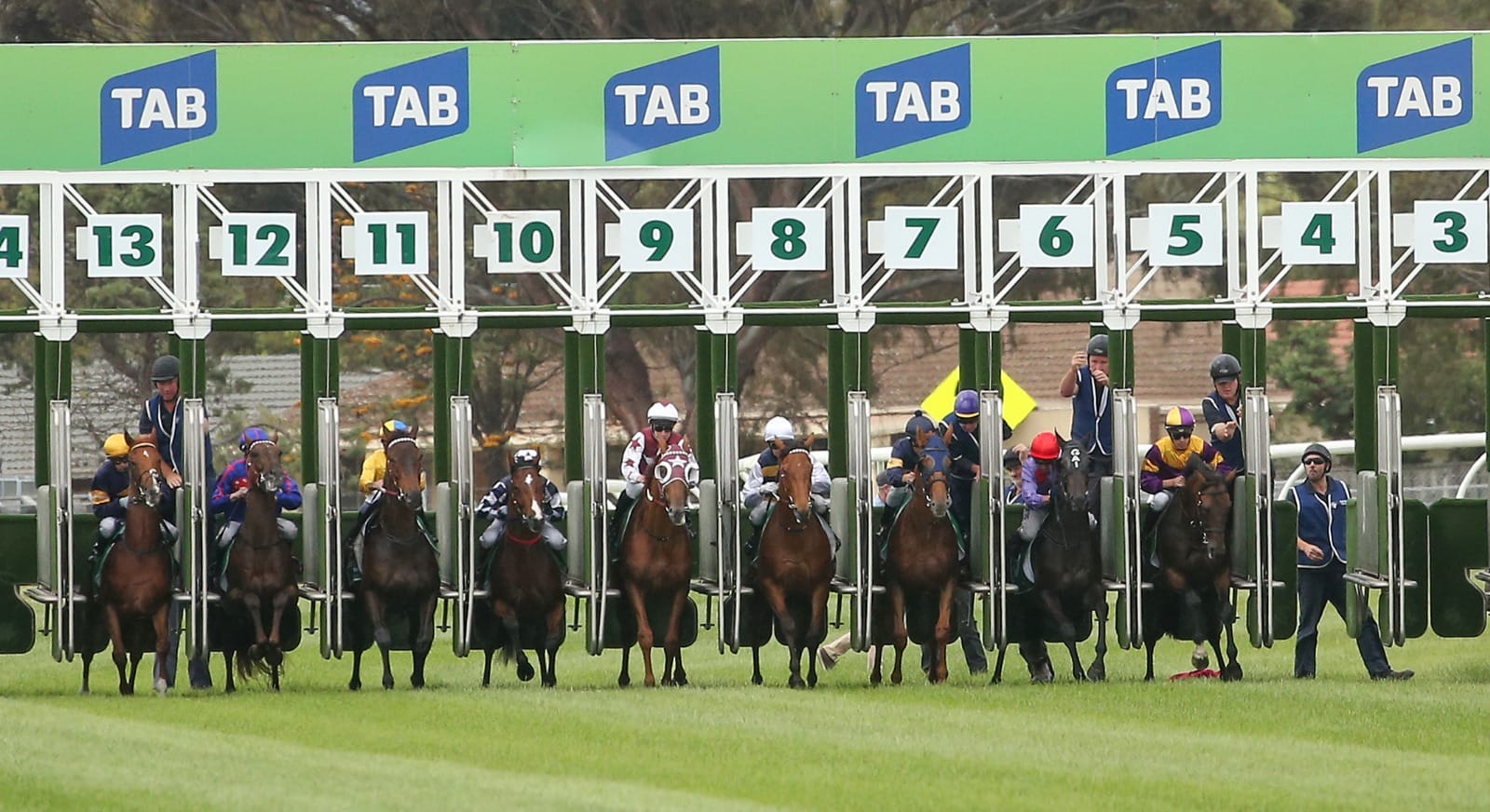
Tabcorp is also tied to legacy deals on racing and taxation in NSW and South Australia which restrict opportunities for growth (more on that later).
McLachlan’s challenge will be to find a way to arrest the decline in racing wagering, and/or pivot to a more sports-focussed wagering product.
2 – The new deal in NSW
It was only last Friday that Tabcorp announced that it and the NSW government were in discussions to exit from the deal which locked the pair into an unhappy marriage until at least 2033.
Tabcorp has been working for some time on what it calls ‘levelling the playing fields’, essentially extricating itself from a myriad of legacy funding and tax deals which it says puts it at a major disadvantage compared to its rivals.
NSW is the big kahuna of these deals. If Tabcorp, led by McLachlan, can convince the NSW government that it is worth changing the game when it comes to the existing agreement signed in 2013, then it will prove a massive achievement for the former AFL boss.

To give some context, when it changed the nature of its Victorian deal by ending a joint venture there from July 1 this year, it predicted an EBITDA uplift of $140 million a year. In contrast, the challenges of the NSW business drove the lion’s share of a $732 million impairment in the first half of this financial year.
How much will it cost Tabcorp to exit the deal? Some estimates put it at between $700 and $800 million. We are about to see how good a negotiator McLachlan is.
3 – The Racing NSW court case
Tabcorp is currently fighting legal action brought by Racing NSW surrounding the promotion of The Kosciuszko. At the heart of the matter is the agreement struck to promote the race and whether TAB has pulled its weight in that regard.
In the context of Tabcorp’s size, the $6 million in dispute is not a lot of money, but on a symbolic level, it represents a divide between Racing NSW and its biggest wagering partner.
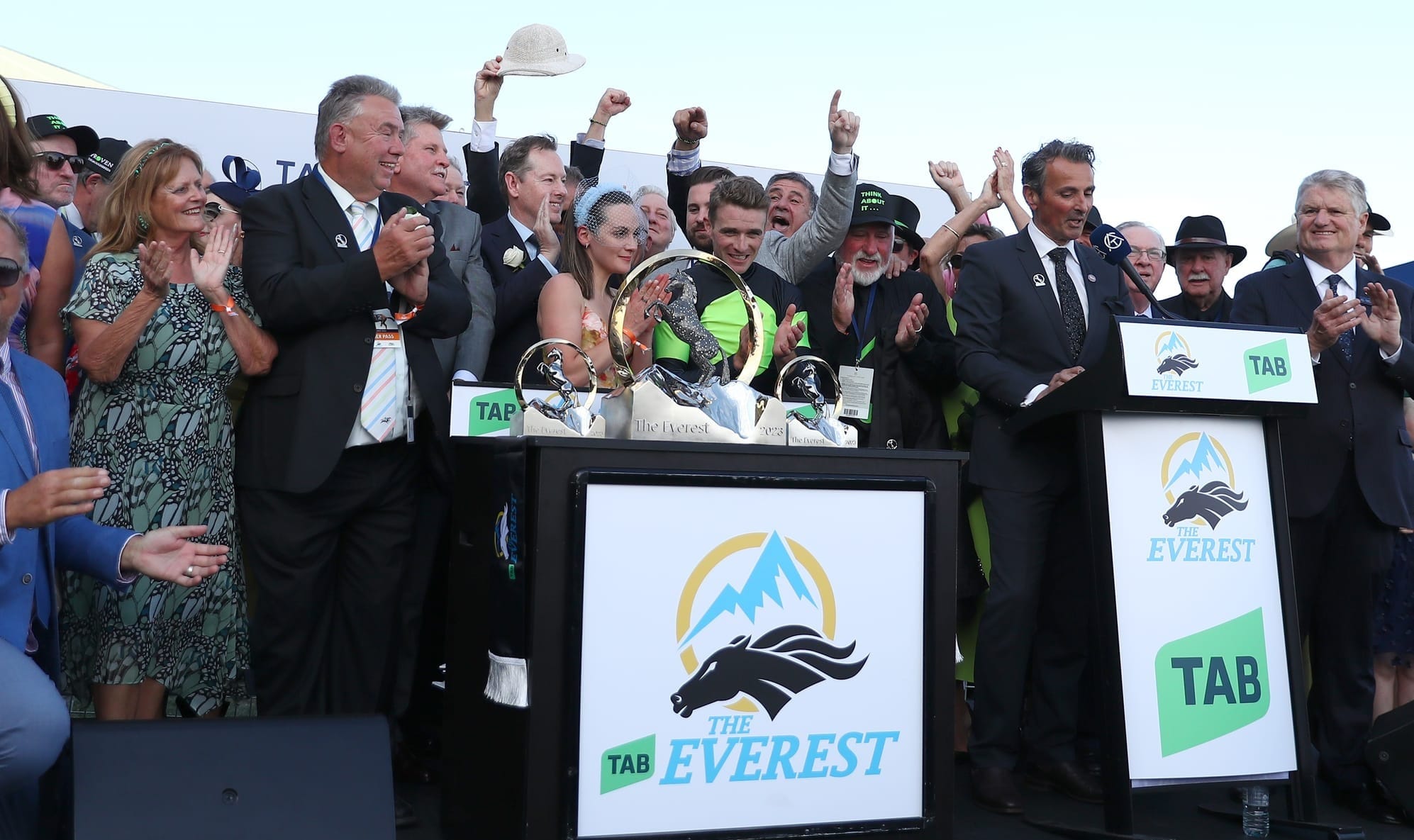
Moving forward, this case will likely frame the ongoing relationship between McLachlan and Racing NSW CEO Peter V’landys. The pair are far from strangers having played key roles in Australia’s two biggest sporting roles over the past five years. They are now, in McLachlan’s new role, two of the most powerful men in Australian racing.
Does McLachlan opt for the adversarial route or does he seek to build bridges? Tabcorp was a business that V’landys and Racing NSW have historically backed in, but the tone of that relationship has certainly changed in the past few years.
4 – Executive culture and turnover
A host of senior executives have left Tabcorp over the past three years. That issue was exposed when Rytenskild left so suddenly and there was no automatic replacement from within the organisation.
Executive turnover happens at many corporations, but according to reports, the culture at Tabcorp under the previous leadership was not conducive to people sticking around. This means that McLachlan will not have a bevy of experienced hands to fall back on as he gets his feet under the desk. On the positive side, he can pick many of his own leadership team.
What was notable about McLachlan’s time at the AFL was the number of leaders who developed underneath him and have gone on to other major roles. Kylie Rogers, who began her role in charge of the VRC at the same time as McLachlan, is one example.
Organisational culture is firmly under the corporate spotlight at the moment, and changing Tabcorp’s previous culture will be high on McLachlan’s priority list.
5- The TAB 25 strategy
In February 2023, Tabcorp, led by Rytenskild, announced the TAB 25 strategy, aimed at creating “a simpler, more valuable business for shareholders by FY25”.
It was broken down into ‘Win the Game’, ‘Shape The Game’ and ‘Change the Game’.
‘Win The Game’ was about achieving 30 per cent digital market revenue share and reducing operating expenditure. ‘Shape The Game’ was about levelling the playing field and establishing a leadership position in ‘customer care’ and integrity services. ‘Change The Game’ was about targeting investments.
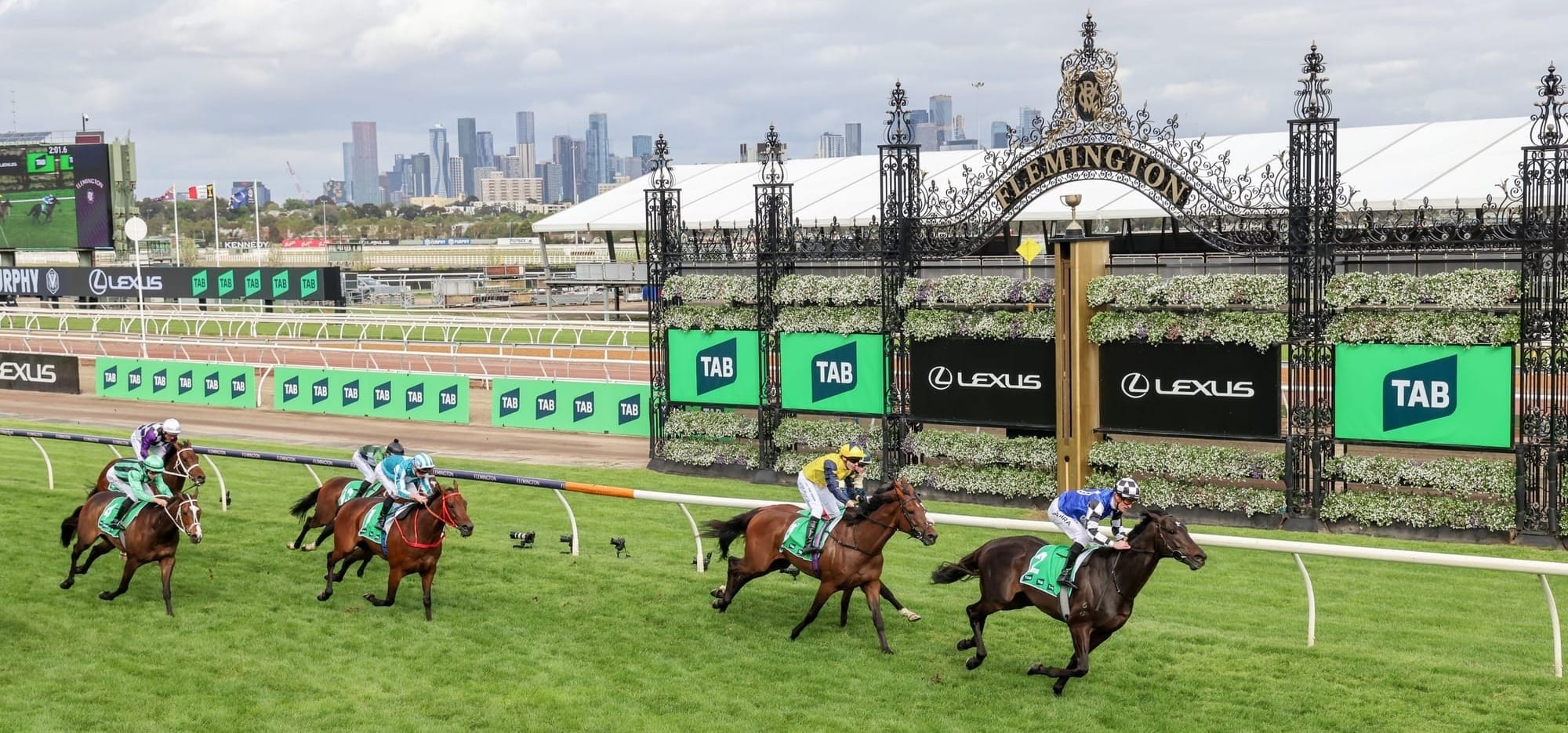
Various progress has been made on these aims, some areas more than others, but with McLachlan stepping in, does he want to inherit an 18-month-old strategy and stay the course, or does he change up Tabcorp’s model further?
The company’s general trajectory right now, especially in terms of share price, is not upward. There are a variety of reasons for this, but will it be acceptable for a new CEO, on $1.5 million a year, to simply follow the path trodden by his predecessor?

